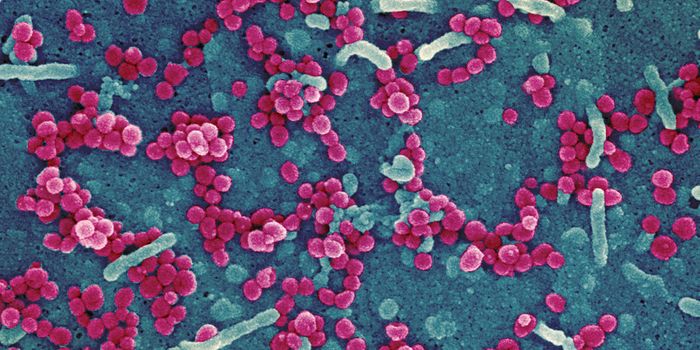Novavax's More Traditional COVID-19 Vaccine Gets Approval From European Commission and World Health Organization
Novavax, a Maryland-based biotechnology company, gets approval for its more traditional protein-subunit COVID-19 vaccine, offering an alternative to newer mRNA and viral vector vaccine options.
Pfizer-BioNTech's COVID-19 vaccine is the only mRNA vaccine to be FDA approved, and mRNA vaccines are relatively new, making some skeptical of them. These vaccines work by delivering mRNA into vaccine recipients' body cells that instructs these cells to make spike proteins from the SARS-CoV-2 virus to stimulate an immune response. Vaccine researcher Robert Malone, who investigated liposome delivery of mRNA into cells, has even warned of safety issues around mRNA vaccines, stating that proteins produced by these vaccines could damage the body's cells, a risk perhaps outweighing the benefits of these vaccines in children and young adults. With Novavax's vaccine, the spike protein itself is delivered in the vaccine, an approach similar to the hepatitis B and pertussis vaccines.
The Novavax vaccine against COVID-19 reportedly has fewer side effects than mRNA vaccines, with data estimating lower rates of and milder fatigue after the second dose, occurring in approximately 40% of people compared to 65% for Moderna and 55% for Pfizer.
Like other vaccines, Novavax's vaccine is thought to be less effective against the Omicron variant. And the unvaccinated continue to remain hesitant despite access to a more traditional vaccine. In a small survey of 136 unvaccinated Germans, although most said they were more confident in traditional vaccines, only 31% said they would take a traditional vaccine in the next week if given the opportunity.
Even if this vaccine isn't a game changer in convincing more people to get vaccinated, it does offer vaccine-poor countries easier access to COVID-19 vaccination. Unlike mRNA vaccines, the Novavax vaccine doesn't require subzero temperatures for storage and has a refrigerator life of 9 months, 8 months longer than that of the mRNA vaccines.
Novavax is currently working toward FDA approval of its vaccine in the United States.
Sources: Science, The Atlantic, Johns Hopkins, Nature








